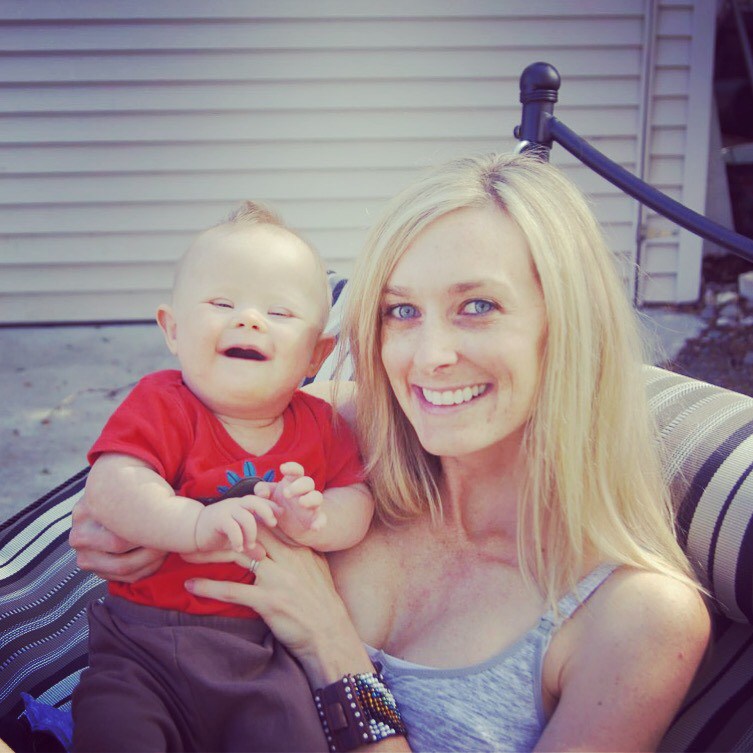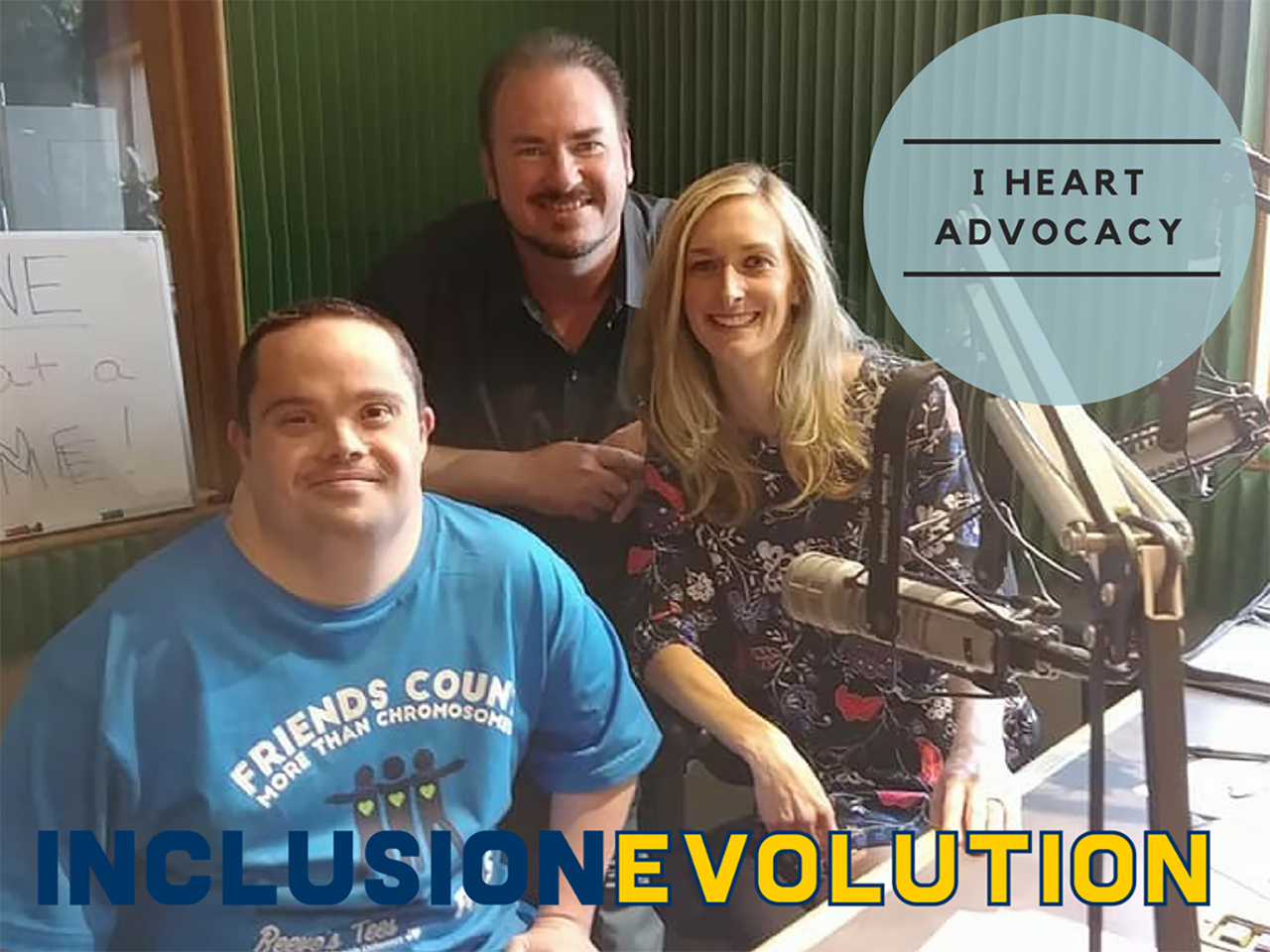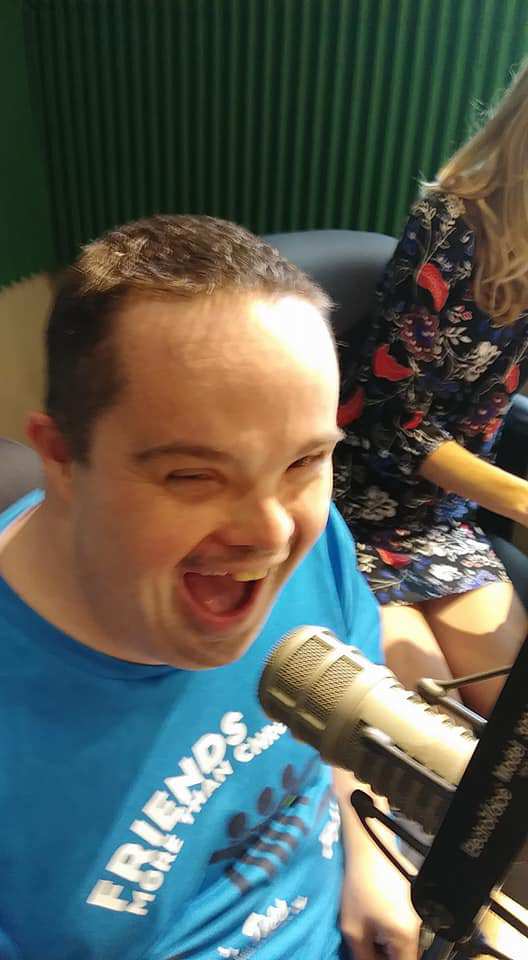
My son, Troy, is almost 5 years old. When he was born I knew no one and nothing about Down syndrome.
I was hungry for any information I could find about Down syndrome. I spent the first month of his life on Google (bad idea, by the way). I quickly graduated to national conventions, advocacy groups, and now specialized training in special education law.
Secret Facebook groups and specialized books taught me all I need to know… Or so I thought.
Nothing can replace experience. Living life with someone who rocks an extra chromosome gives you a front row seat to the docudrama that is Trisomy 21. Troy has taught me so much about how outdated stereotypes and low expectations can warp your perception of disability.
But living with a preschooler with Down syndrome often reminds me of the saying “It’s hard to see the forest for the trees.” We often get lost in weekly therapy sessions, frequent doctors’ appointments, and impulsive behavior.

For a while now, I’ve been searching for ways to steal a glimpse into Troy’s possible future. I really want to see “the forest.” One way I’ve done this is through a monthly communications workshop with adult self-advocates. Simply talking and interacting with adults with Down syndrome on a regular basis has taught me so much about what our future may hold and how to plan for the best.
This led to an opportunity, from our local Down syndrome group’s Executive Director, to talk about the impact of our communications workshop on a local radio show.

The natural pick for my co-interviewee was Walter, a 45-year-old iHeart Radio lover. When we showed up to the radio conglomerate, Walter already had long-time friendships with every disc jockey, knew which of the seven radio stations they were assigned to, and the exact times they each went live. Everyone hearts Walter!
I worked in radio for some time during college, and I came to appreciate the intimacy of the medium. You have to capture that emotion and authenticity the first go round, because your listeners can’t rewind or reread your story.
A common rally cry in the disability community is “Nothing about us, without us!”
Without Walter our story of advocacy would be flawed. We spoke with the radio DJ about needed services and jobs for individuals with Down syndrome. Walter nailed the interview. He gave our radio interview the authenticity and emotion the audience will remember.
He was direct: “Hi, I’m Walter. I have Down syndrome and I’m proud of who I am.”

Not to mention, funny: “107.7’s DJ, Chris Davis, promised to pay me if I mentioned him today. Chris, are you listening?”
I like to imagine an expecting or new parent, with what seems like a scary diagnosis, randomly tuning in just as Walter is proudly talking about his job at the Tennis Club. I know I would have loved to hear Walter when I was struggling during Troy’s first few months.
At 45 years old, Walter did not get all the great services Troy receives through early intervention and inclusive education. Still, Walter thrives! It’s so important to remember what you’re actually advocating for sometimes. Just like Troy, Walter deserves a life of self-determination and choice. We really have to listen to our self-advocates at all stages of life to understand their needs and how to pave a better path forward.
If you’re interested in hearing our radio interview, or just want to learn more about our journey of inclusion and advocacy, visit us at www.inclusionevolution.com.
We want to hear your story. Become a Mighty contributor here.

